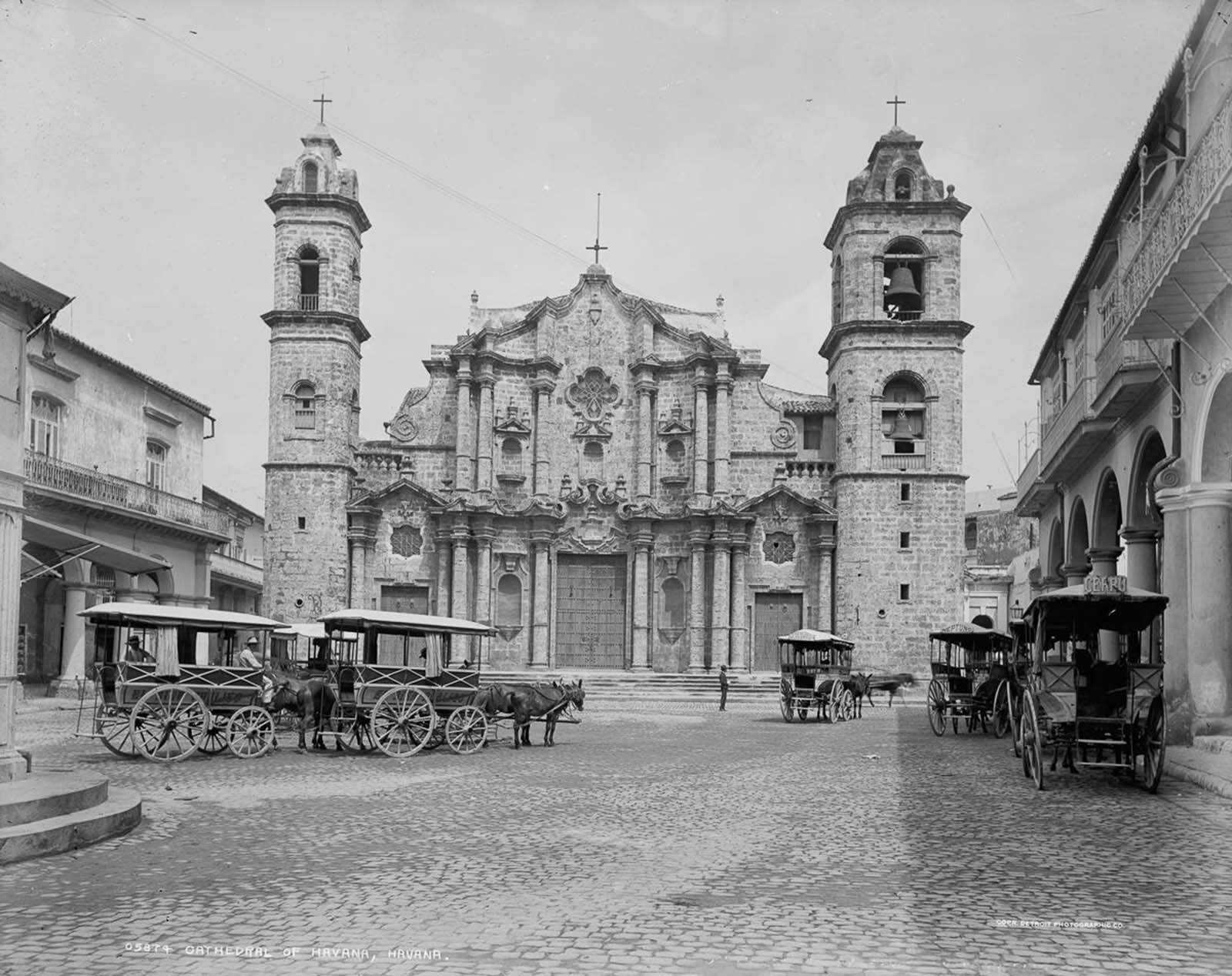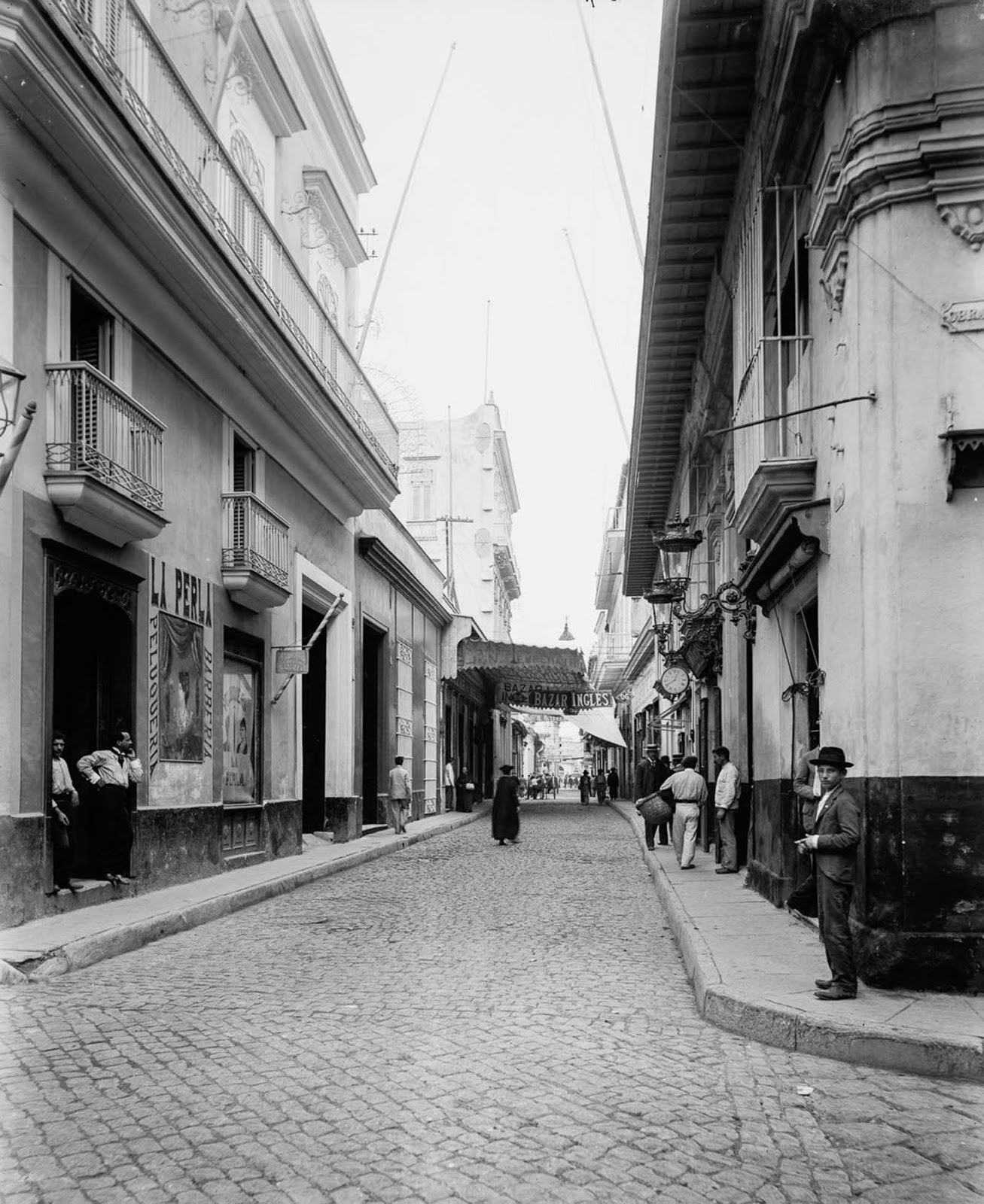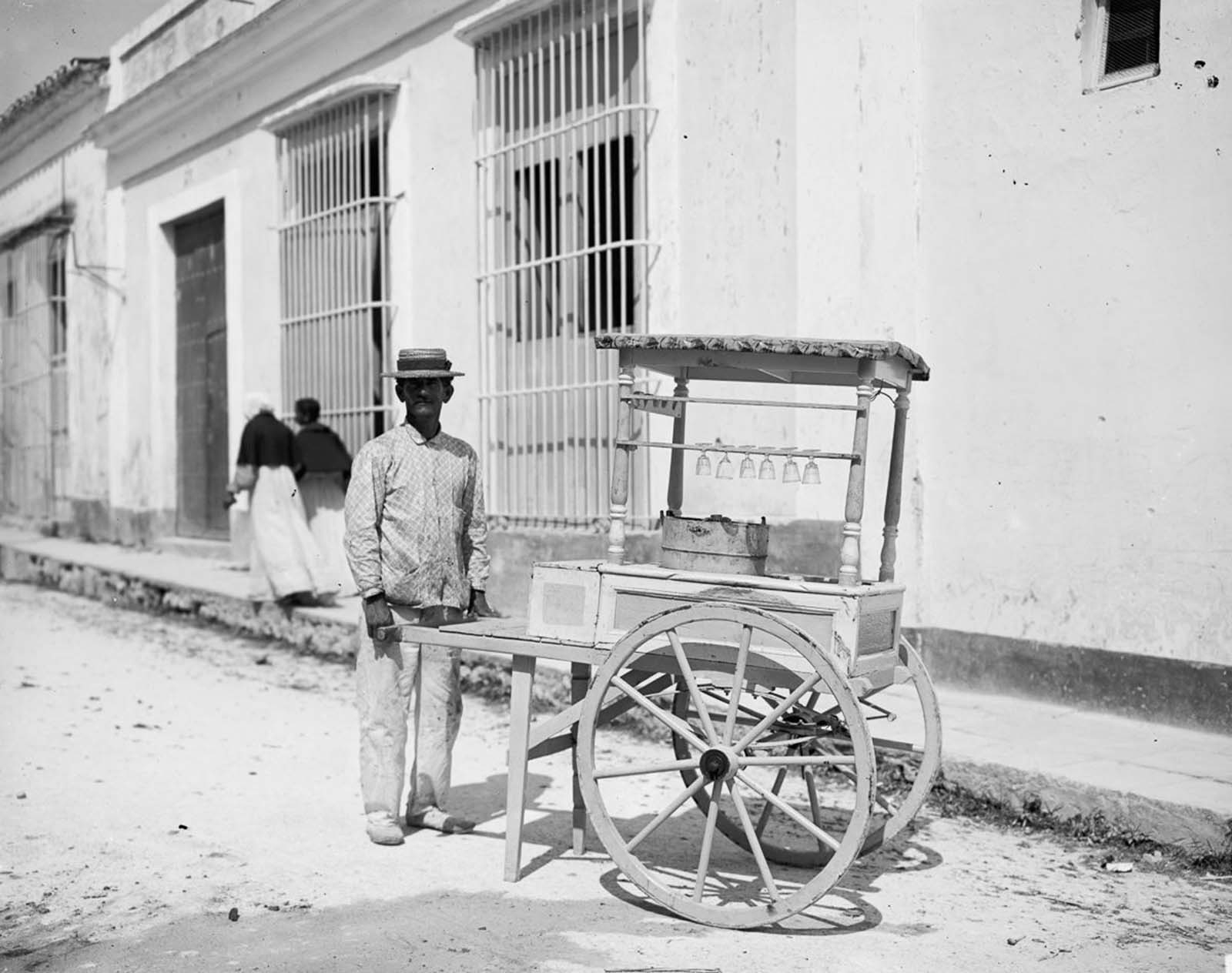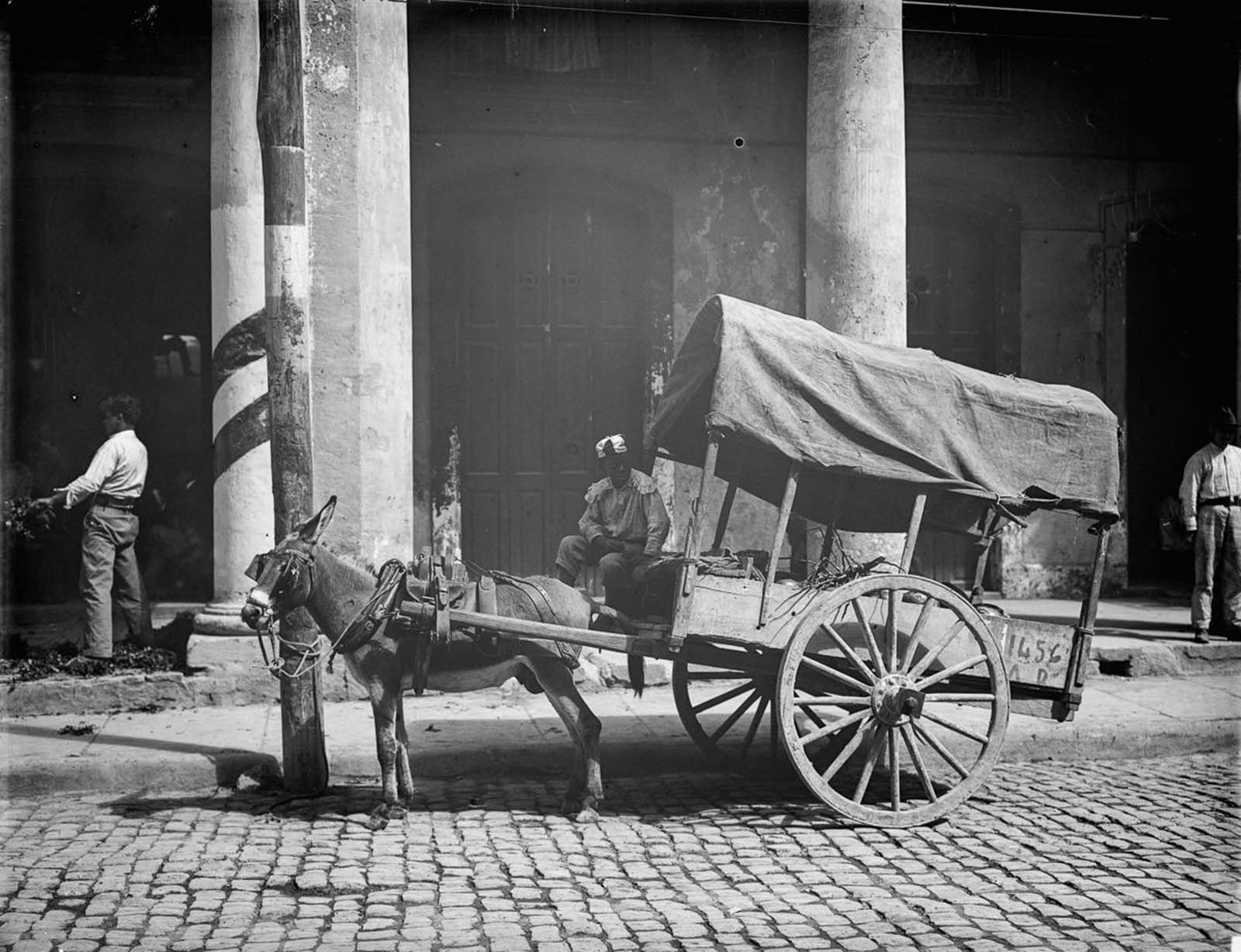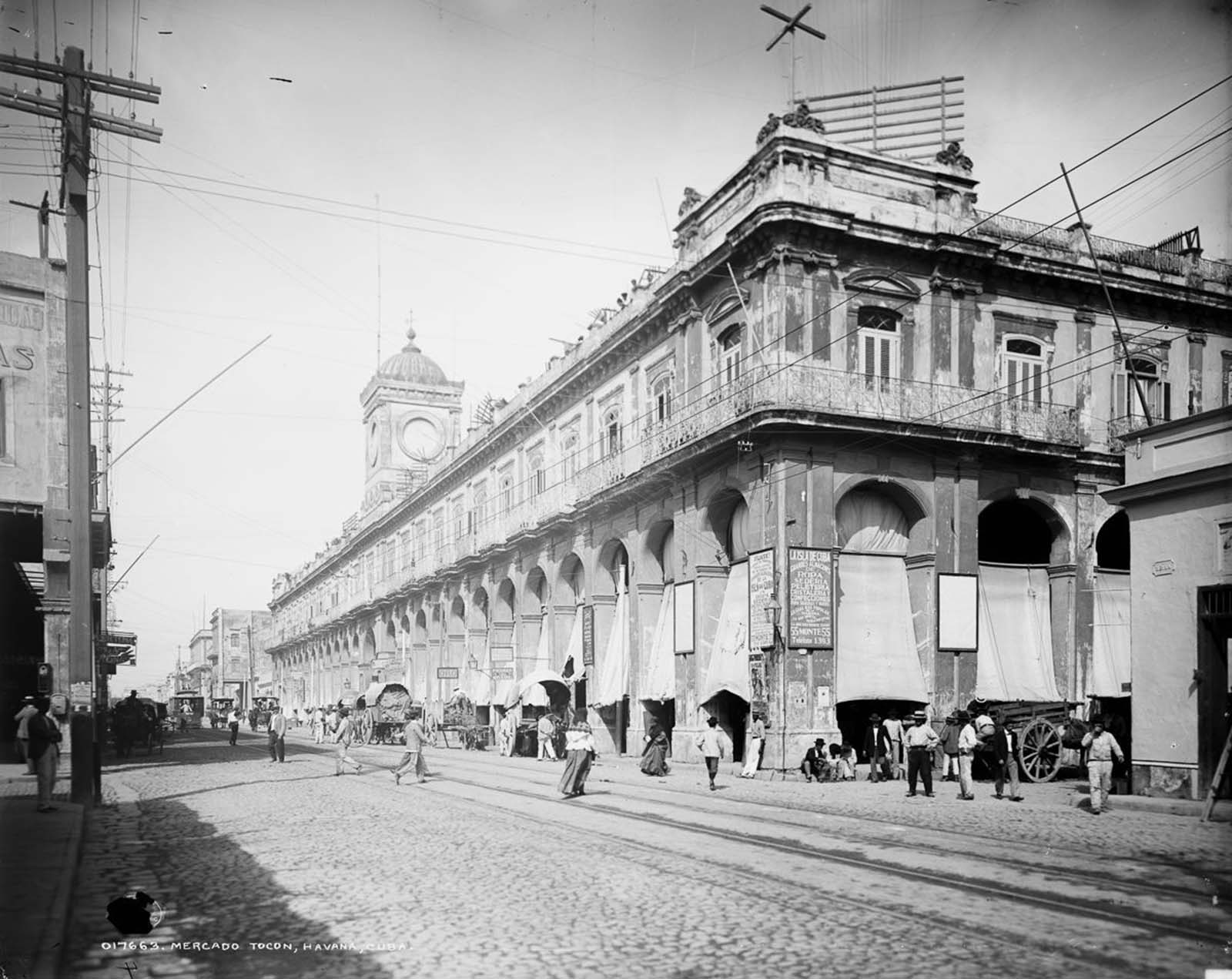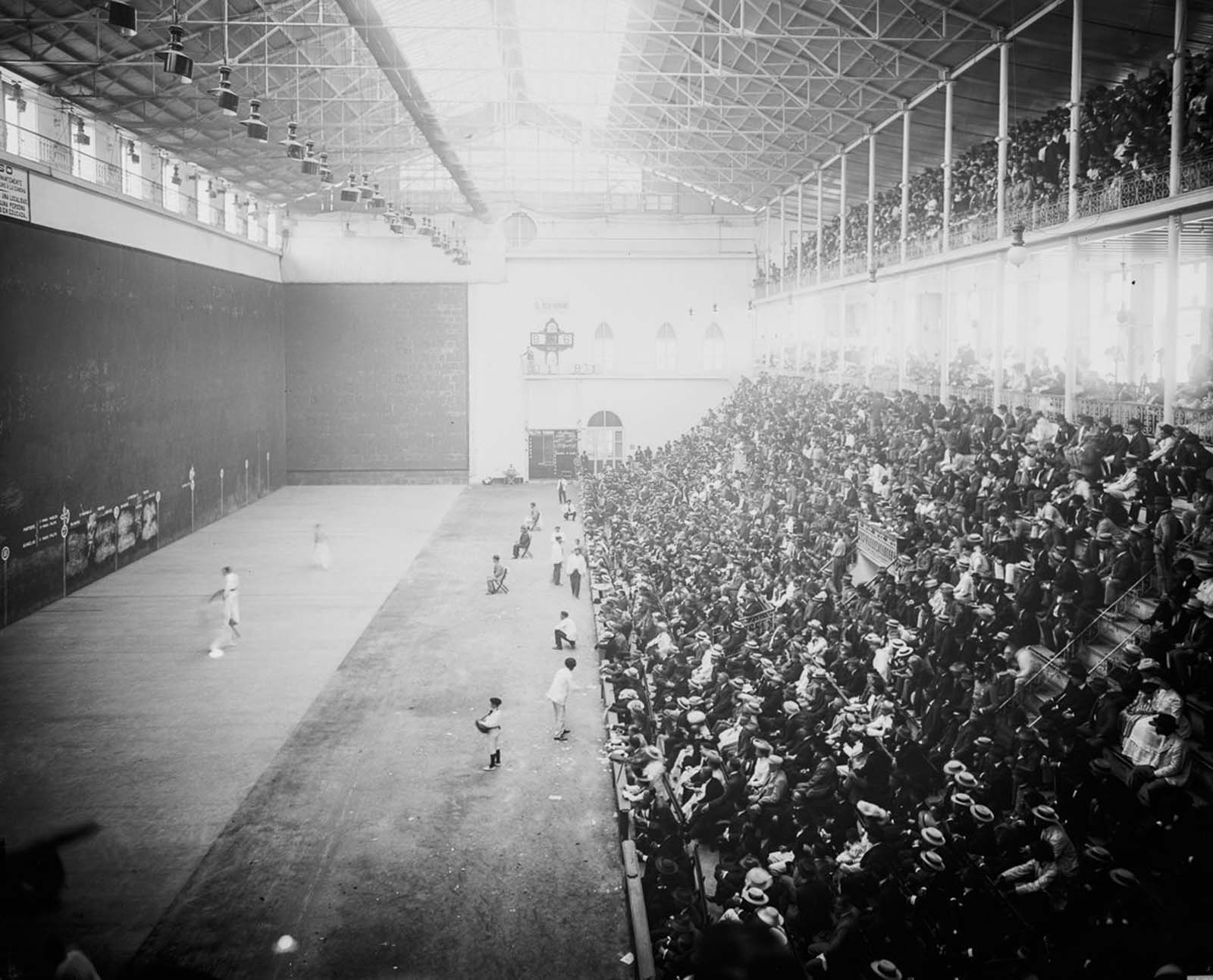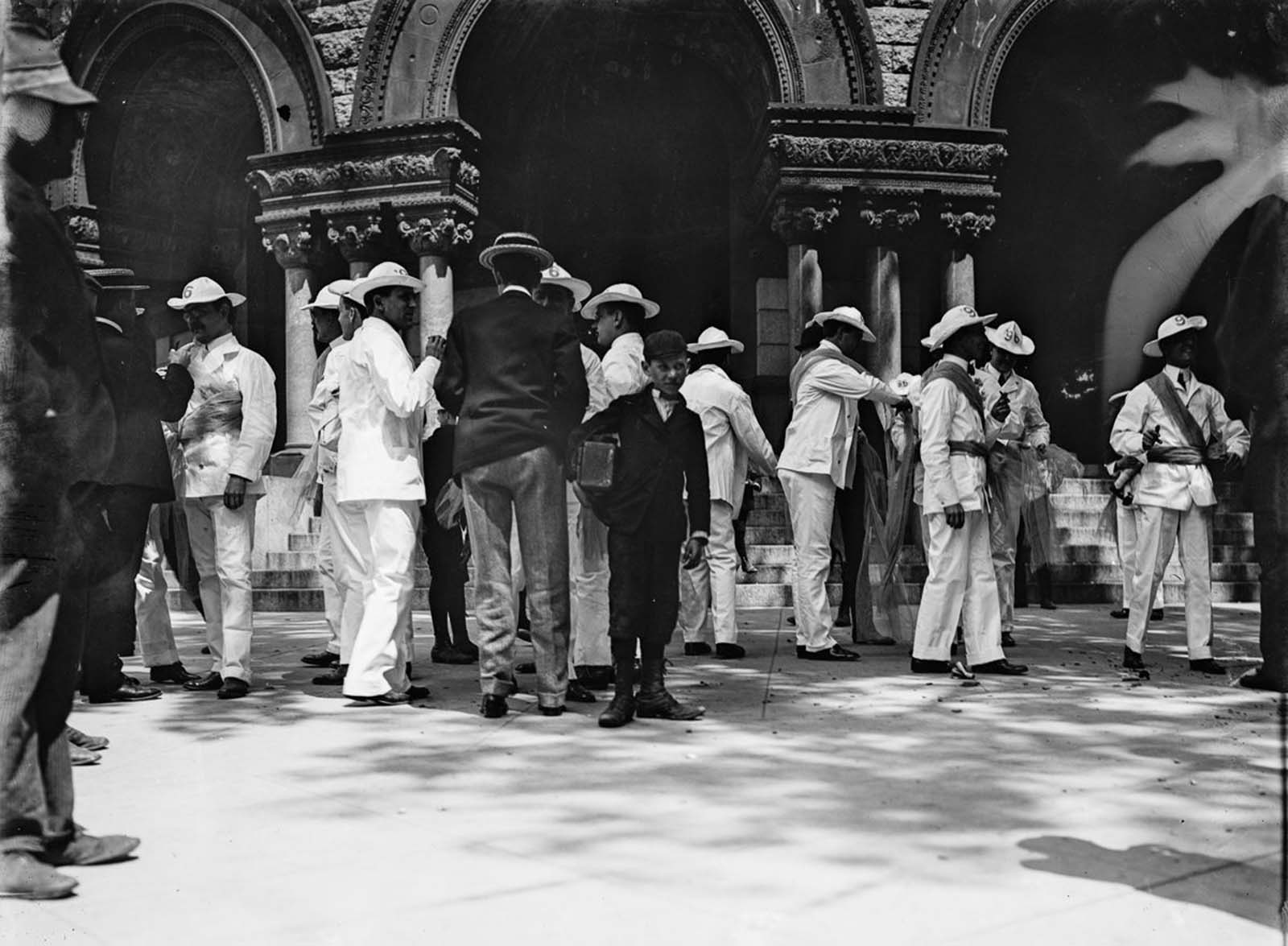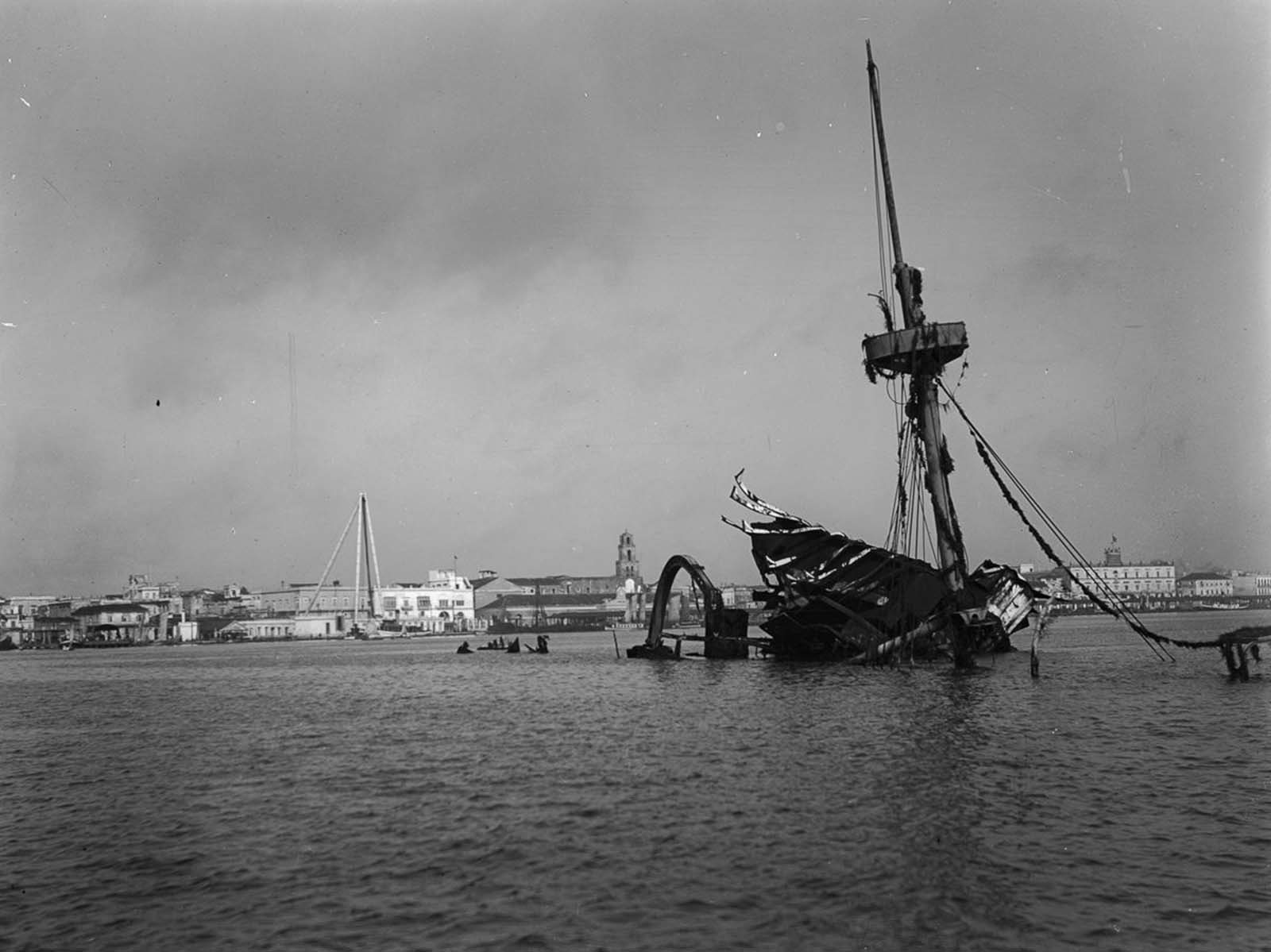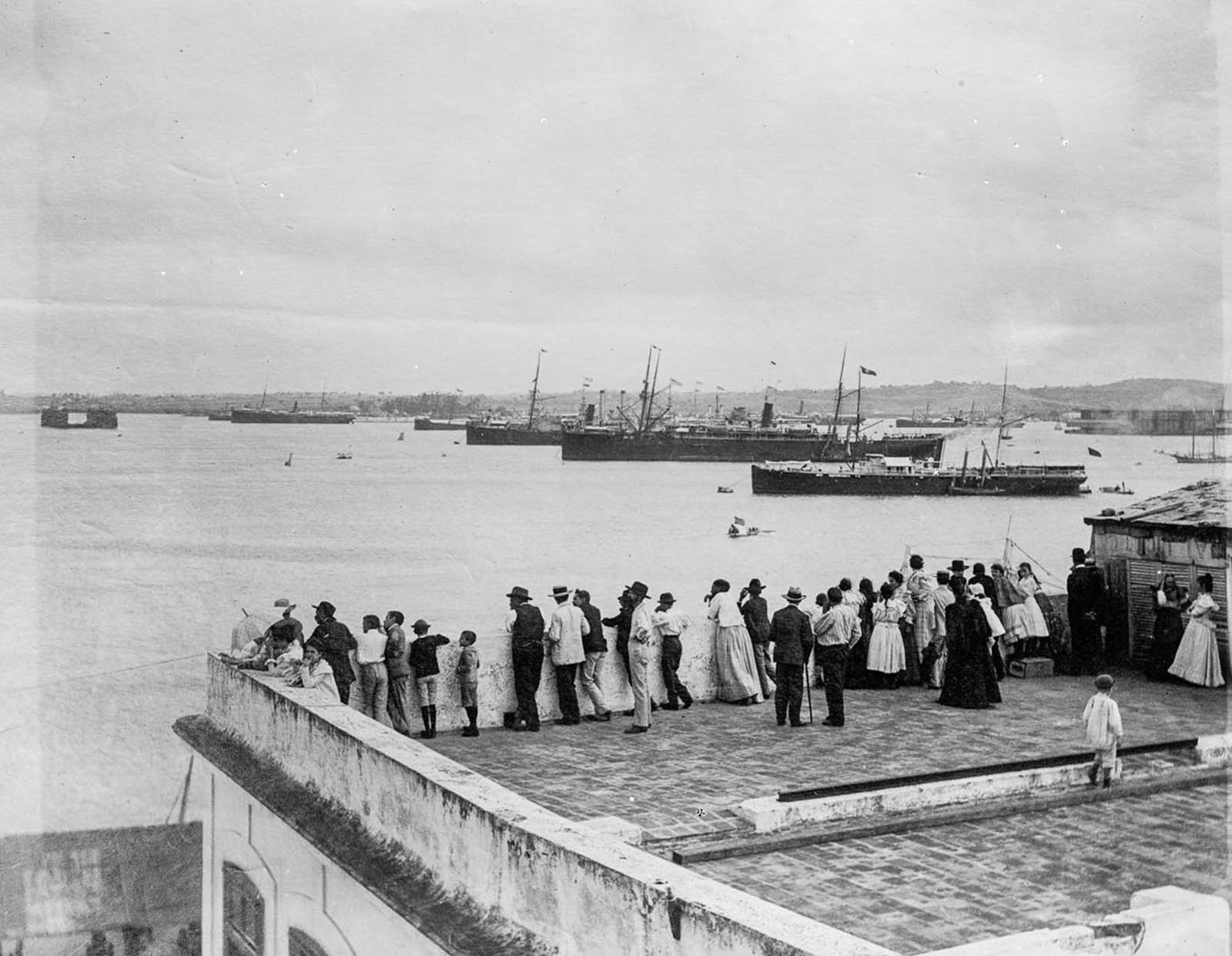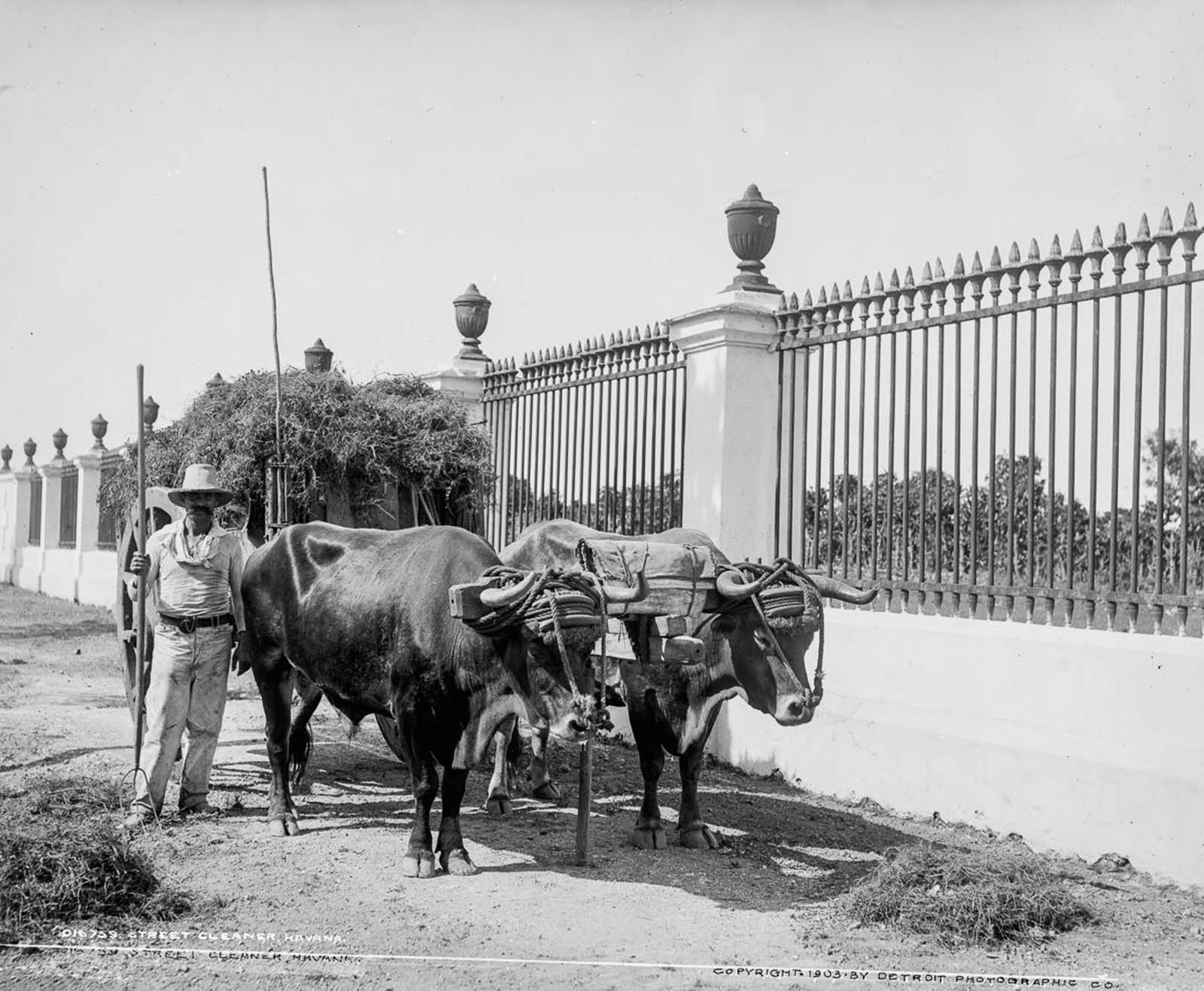Not surprisingly, the ports and bridges provided access as the early settlements sprung to life on the strength of the waterfront. Havana became a major stopping point for shipping between the Americas and Europe, as well as one of the most fortified cities in the New World. By the late 1700s, Havana was taken over by the British. With the boom of wealthy Spanish sugar, Havana’s new age of affluence, prosperity, and financial wealth was born. Havana’s growth period came during the 19th century with beautiful buildings springing up everywhere with new age elegance coming anew. At the end of the 19th century, Havana witnessed the final moments of Spanish colonialism in America, which ended definitively when the United States warship Maine was sunk in its port, giving that country the pretext to invade the island. The 20th century began with Havana, and therefore Cuba, under occupation by the USA. During the Republican Period, from 1902 to 1959, the city saw a new era of development. All endeavors of industry and commerce grew very rapidly. Cuba recovered from the devastation of war to become a well-off country, with the third-largest middle class in the hemisphere, and Havana, the Capital of the country, became known as the Paris of the Caribbean. Construction was an important industry. Apartment buildings to accommodate the new middle class, as well as mansions for the Cuban tycoons, were built at a fast pace. This photo collection captures Havana around the time of its independence from Spain, showcasing its centuries of Colonial, Baroque and Neoclassical architecture. (Photo credit: Library of Congress). Notify me of new posts by email.
Δ Subscribe
